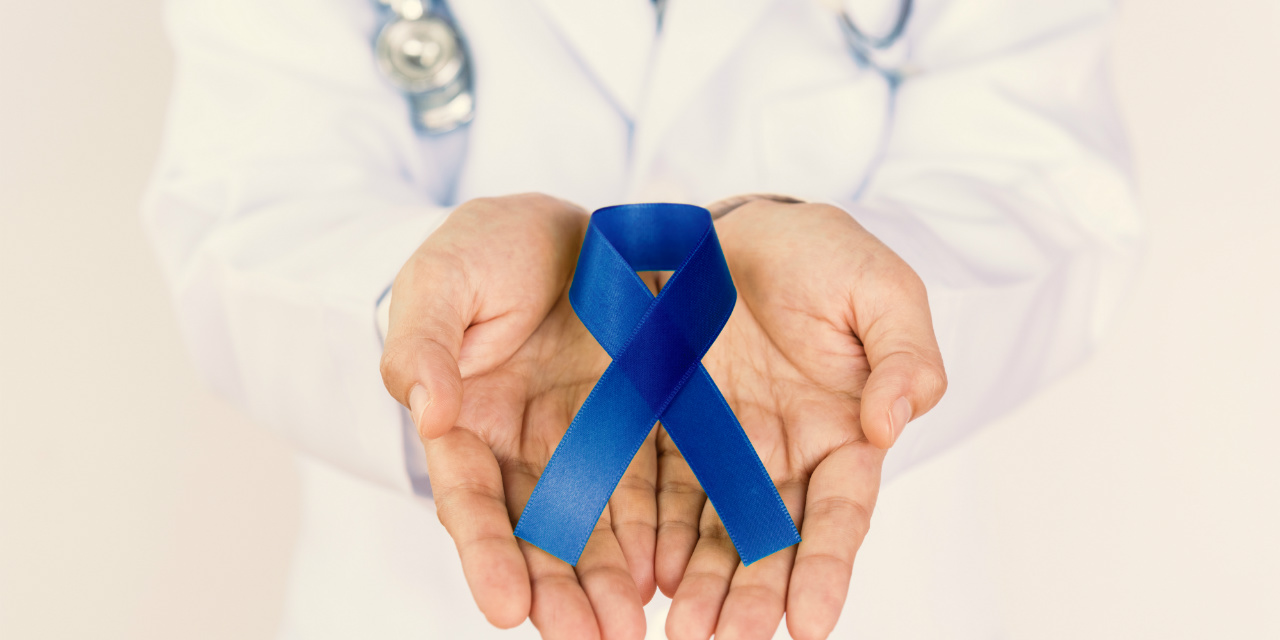
Colon cancer is the second-leading cause of cancer deaths in the United States for men and women. This disease is preventable and usually does not present symptoms until it is too late.
“Early detection is key in preventing colon cancer, which is why screenings like colonoscopies are so important. If you have a family history of colon cancer, depending on the details, a screening colonoscopy could be recommended at an earlier age.”
Daniel Leberer, MD
Colorectal Surgeon, Buffalo Medical Group
There are a variety of ways to be screened for colon cancer if a colonoscopy is not possible, including a yearly FIT screening (stool test), Cologuard (an every 1-3 year stool DNA test), flexible sigmoidoscopy (using a camera to look at the last third of the colon and rectum).
However, “colonoscopies are the gold standard,” says Dr. Leberer. During the procedure, doctors actually use a camera to look inside the patient’s colon. This technology allows them to search for cancer and other abnormalities that can lead to it. The test can locate polyps throughout the entire colon and remove them as soon as they’ve been identified.
A colonoscopy is generally performed every three to ten years, depending on how many polyps are found and your family history. It’s that simple. This single procedure can help detect, treat, and prevent colon cancer.
Traditionally thought of as a disease that affects older populations, colon cancer diagnoses are on the rise in younger people, specifically those under the age of 50.
Unsurprisingly, screening recommendations are evolving to match this trend. While 50 has been the age suggested to start routine screening for colon cancer, the American Cancer Society has shifted its guidelines for screening to begin at 45 years old. If you have a family history of colon cancer or begin having unusual bowel changes, speak with your doctor about your screening options.
Schedule Your Colonoscopy Today
Call (716) 447-6205